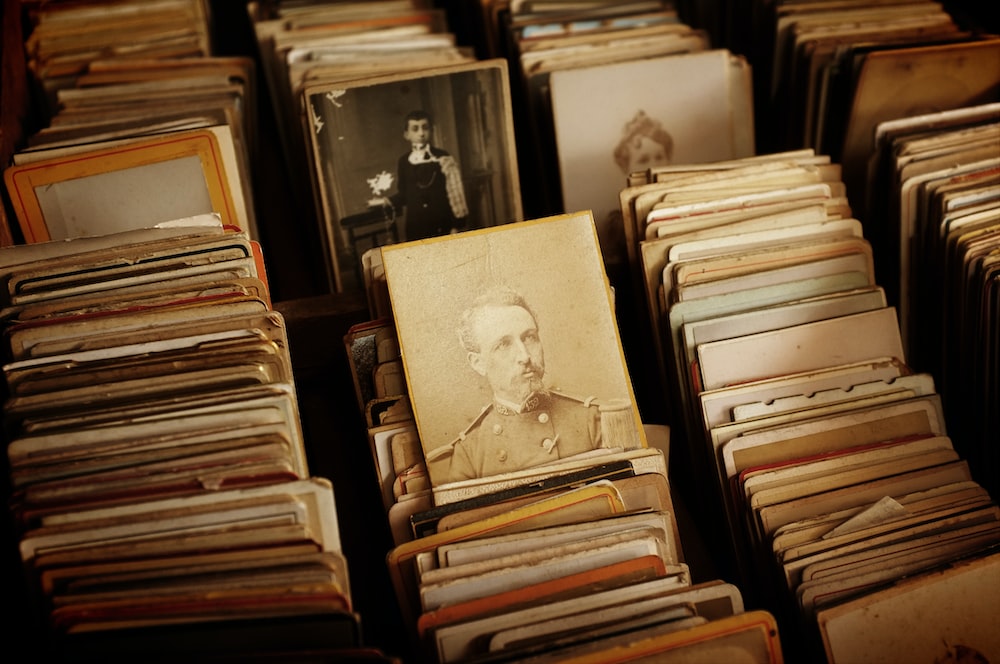Every community is rich with history buffs, amateur genealogists, and curious minds who revel in the stories and memories of the past. Harnessing this shared interest, libraries can offer a unique platform for engagement: A “Community History Club.” Allowing each club member to set the topic and lead a meeting, it fosters a sense of ownership and serves as a great way to get everyone involved. With members exploring the rich history found in the Community History Archives, libraries can bring together like-minded individuals to explore, discuss, and delve deeper into their shared heritage.
A “Community History Club” isn’t just a group of historians; it’s a community gathering for all ages intrigued by the past. This collective is a hub for sharing discoveries, insights, and questions. Each meeting becomes a communal journey through time, filled with stimulating discussions and new understandings. The club structure is collaborative and flexible, with members taking turns to lead discussions and present findings from the Community History Archives. This democratic approach allows every voice to be heard and allows members to guide the group’s exploration based on their interests, discoveries, or historical curiosities.
The historical newspapers that are freely available in the library’s Community History Archives are the backbone of the “Community History Club.” These invaluable resources, chronicling life as it was lived, offer a firsthand look into the past. Whether exploring major historical events, following the life stories of notable local figures or simply getting a glimpse of everyday life from years gone by, these newspapers are a launchpad for discovery and dialogue.
For instance, a club member might uncover a captivating story about a local hero during World War II, which can lead to a broader discussion about the war’s local impact. Or a series of articles from the 1920s might reveal the shifting societal attitudes towards women’s rights, stimulating dialogue about societal change and progress. A club member may want to try a recipe found in a newspaper from the 30s to share with the group. Another member may take the opportunity to share his love of local sports when it is their turn to lead a meeting. A member may use their meeting to show the group how newspapers can help with putting genealogical research in perspective, sharing their findings, and how they connect to the community. Each meeting can uncover new layers of the community’s rich history, weaving a complex, dynamic tapestry of shared heritage.
To start a “Community History Club”, first gauge the interest of your patrons. You could start by hosting a “Community History Night” as a pilot and propose the idea of regular meetings to attendees. Once you have a core group, schedule regular meetings, be it weekly, bi-weekly, or monthly.
Promote the club through your library’s website, newsletter, and social media platforms. Ensure your call to action is inclusive, emphasizing that the club is open to all, regardless of their knowledge or expertise in history.
In your initial meetings, establish a comfortable environment that encourages participation. Discuss how the club will operate, including how members will take turns leading discussions, how themes will be selected, and how findings will be shared. As the club evolves, ensure that it remains member-driven, reflecting the interests and curiosities of its participants.
Establishing a “Community History Club” can have a profound impact on your library and its patrons. It fosters a sense of community among members, strengthens their connection to their local heritage, and adds a dynamic, participatory element to your library’s offerings. It allows members to engage with the past actively and personally, fostering lifelong learning and a deeper understanding of the community’s shared narrative.
A ”Community History Club” is more than just a gathering of history buffs; it’s a community of time travelers journeying through the past, one newspaper article at a time. By sharing these journeys with each other, they enrich their understanding, build connections, and keep the fascinating stories of the past alive for future generations. And so, the history of the community continues to be written, not just in the archives but also in the vibrant discussions and shared discoveries of its History Club.


